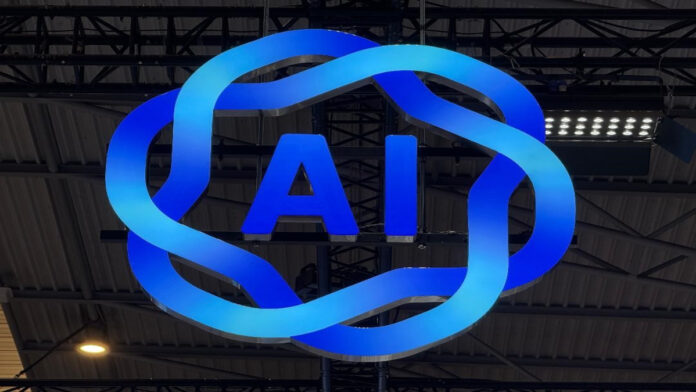Through the acquisition, Crusoe is also expanding into the Middle East, with the establishment of its Tel Aviv office
In sum – what to know:
Crusoe acquires Atero for GPU optimization – The deal strengthens Crusoe Cloud’s AI infrastructure performance, integrating Atero’s proprietary technology to boost GPU efficiency, memory utilization, and scalability for demanding AI workloads.
First Middle East office in Tel Aviv – The acquisition establishes the firm’s regional hub, tapping into Israel’s AI and high-performance computing talent pool while expanding customer reach across the Middle East.
Vertical integration strategy reinforced – Crusoe continues its push as a vertically integrated AI infrastructure provider, aligning with Atero’s vision of more efficient, reliable and energy-optimized GPU cluster operations.
AI infrastructure provider Crusoe has acquired Israeli startup Atero, a company specializing in GPU management and memory optimization for artificial intelligence workloads, the former said in a release.
The firm noted that the acquisition aims to strengthen Crusoe Cloud’s managed AI services, improve GPU efficiency, and establish Crusoe’s first Middle East office in Tel Aviv. Financial details of the transaction were not disclosed.
Founded in 2024, Atero has developed proprietary technology designed to improve GPU utilization and reliability in AI workloads such as large language model (LLM) inference. The company was previously in stealth mode and had secured early funding from Primary VC in New York and Lool Ventures in Israel.
By integrating Atero’s technology into its platform, Crusoe expects to deliver higher performance, faster scalability, and more energy-efficient infrastructure for AI developers and enterprises. The acquisition is positioned as part of Crusoe’s strategy to enhance vertical integration in the AI cloud sector, where the company operates its own GPU clusters and infrastructure stack.
“We are excited to welcome the Atero team to Crusoe,” said Chase Lochmiller, co-founder and CEO of Crusoe. “Atero’s low-level expertise in high-performance computing infrastructure will be instrumental in Crusoe delivering unmatched performance, scale, reliability and efficiency in our GPU clusters. By optimizing memory utilization, we can ensure our customers have their data in the right place at the right time to maximize GPU utilization rates and get more out of the money they spend on compute.”
The deal also marks Crusoe’s expansion into the Middle East, with the establishment of its Tel Aviv office. The move will allow the company to access Israel’s technical workforce and serve customers across the region more effectively.
“By establishing our first Middle East office in Tel Aviv, we not only gain access to the incredible workforce across the region, but also the ability to better serve our global community of customers and partners,” Lochmiller added.
For Atero, the acquisition represents an opportunity to scale its vision more rapidly as part of a larger infrastructure platform. “When we founded Atero, we set out to transform the industry with our technology, and joining Crusoe is the fastest path to achieving that mission,” said Atero CEO Alo Yariv.
Atero’s engineering team will join Crusoe and play a role in accelerating the development of Crusoe Cloud’s managed services offerings. The companies said the integration of Atero’s GPU optimization technology is expected to improve energy consumption and overall efficiency for customers running complex AI applications.
In May, Crusoe, working with asset manager Blue Owl Capital and advisory and data center investment company Primary Digital Infrastructure, announced the second phase of their $15 billion joint venture to develop a 1.2-gigawatt AI data center in Abilene, Texas.
As part of the agreement, Crusoe will co-sponsor the construction of six new data center buildings alongside funds managed by Blue Owl’s Real Assets platform and Primary Digital Infrastructure. These will be added to the two buildings already under construction, bringing the total to eight. The initial phase, launched in June 2024 with over 200 megawatts of capacity, is scheduled to go live in the first half of 2025. Work on the second phase began in March 2025 and targets mid-2026 for energization, Crusoe said.
The campus in Texas is the flagship site for OpenAI’s Stargate initiative. This project, unveiled earlier this year by U.S. President Donald Trump, has an estimated long-term cost of $500 billion, and an initial $100 billion already earmarked for early phases.

